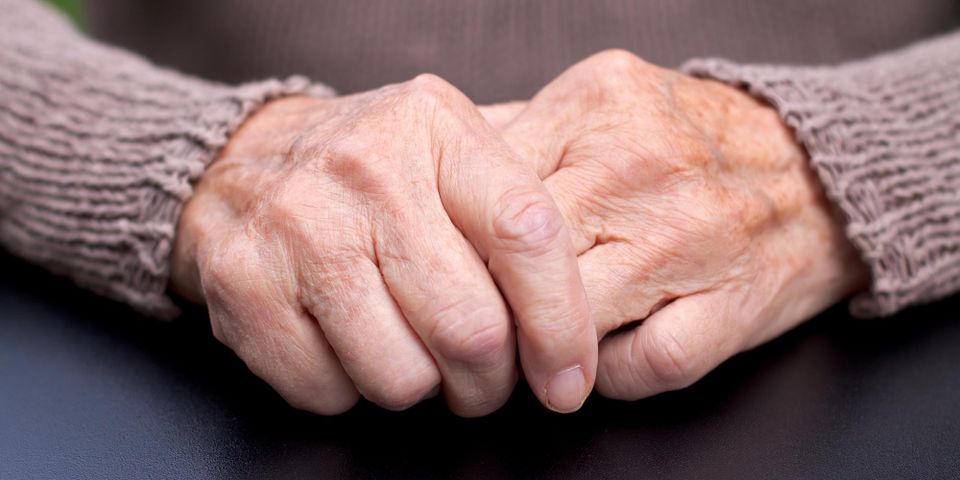Physician-Approved Ways to Manage Arthritis Pain

As Albany, NY’s leading health care provider, Urgent & Primary Care diagnoses and treats a variety of conditions including arthritis. An estimated 3 million New Yorkers and 54 million Americans live with this inflammatory disease, making it the leading cause of disability in the country. Fortunately, the family care physicians explain, there are several ways for patients to manage their symptoms and improve their quality of life.
A Beginner’s Guide to Arthritis
Before you learn how to manage the symptoms, you need to understand the diagnosis. Arthritis is not a single condition but rather an umbrella term for 100 different joint diseases. Some common types of arthritis include:
- Osteoarthritis
- Fibromyalgia
- Rheumatoid Arthritis
- Gout
- Psoriatic Arthritis
- Spondylarthrosis
While each variation has a unique diagnosis, they all cause swelling, stiffness, joint pain, and a decreased range of motion. These symptoms range from mild to severe and tend to come and go based on specific factors.
Common Causes of Flare-Ups
Certain behaviors, lifestyle choices, and environmental triggers can exacerbate arthritis pain. According to Urgent & Primary Care, the most common causes of flare-ups include:
 Stress
Stress- Changes in Barometric Pressure
- Exercise-Related Injuries
- Infections
- Repetitive Movements
- Weight Gain
These six factors all put stress on the joints, causing inflammation and worsening arthritis symptoms. To reduce discomfort, these family care physicians say patients should take a proactive, multi-modal approach to arthritis management.
Tips for Managing Arthritis Pain
Arthritis pain is often debilitating, but it doesn’t have to be. If you have arthritis, try incorporating the following therapies into your daily routine to minimize symptoms:
1. Medication
Nonsteroidal anti-inflammatory drugs (NSAIDs) such as naproxen and ibuprofen have long been used for the treatment of arthritis. Corticosteroid injections and topicals like lidocaine and NSAID ointments can also relieve discomfort. Talk to your family care physician about which medications are right for you.
2. Relaxation
To reduce the harmful effects of stress, those with arthritis should take time out of their busy schedules to relax. Meditation, acupuncture, yoga, or even hobbies like reading or gardening will distract the mind from arthritis pain and make the individual feel at ease.
3. Psychological Support
 While relaxation is helpful, some patients may need other ways to manage the emotional aspects of their arthritis pain. Psychologists and counselors can show you coping techniques that reduce feelings of anxiety and depression. Because these mental health disorders have been shown to worsen arthritis pain, psychological support can lessen your symptoms.
While relaxation is helpful, some patients may need other ways to manage the emotional aspects of their arthritis pain. Psychologists and counselors can show you coping techniques that reduce feelings of anxiety and depression. Because these mental health disorders have been shown to worsen arthritis pain, psychological support can lessen your symptoms.
4. Heat Therapy
Heat dilates the blood vessels, promoting blood flow and helping sore, tight muscles relax. If you have arthritis, try using heating pads or warm baths to soothe your stiff joints.
5. Exercise
Those with arthritis should stay active despite their joint stiffness. Exercise strengthens the muscles around the affected joints and maintains bone strength. Additionally, it can boost energy levels and promote better sleep. Talk to your family care physician about which physical activities are right for you.
Having arthritis doesn’t mean you can’t live a healthy, active life—especially when you have Urgent & Primary Care on your side. For more ways to manage arthritis pain, call the family care physicians at (518) 463-8262 today. For more on their health care services, visit them online.
About the Business
Have a question? Ask the experts!
Send your question

